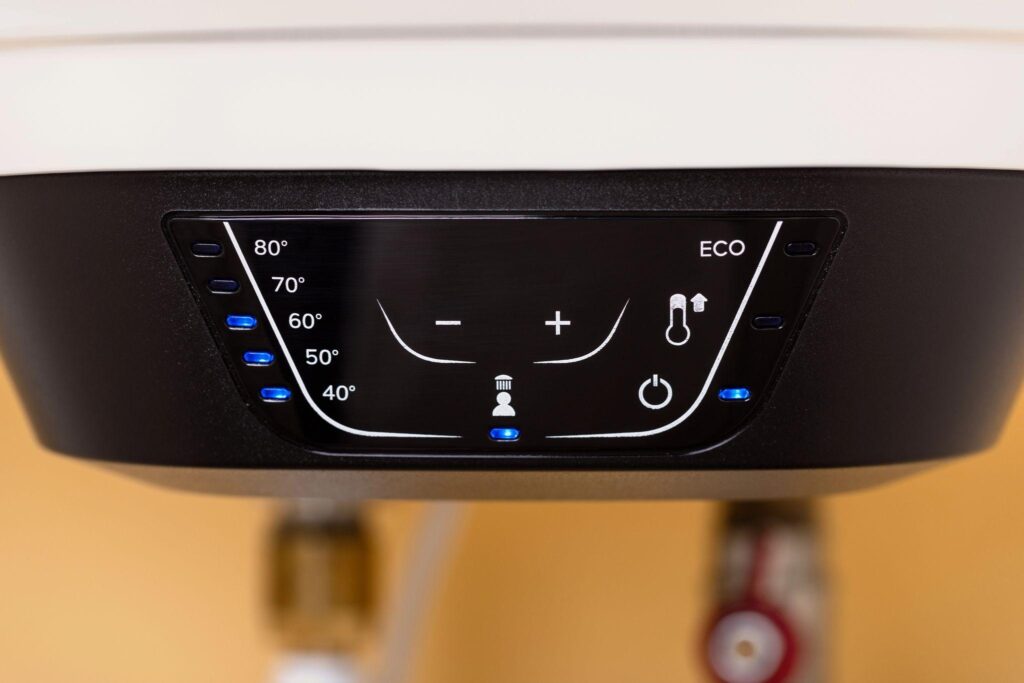When you imagine a cozy, welcoming home, the promise of consistent hot water is often quietly part of the vision. For Australian households, selecting a hot water system that aligns with both your lifestyle and your energy budget is a decision worth getting right. Given Australia’s varied climate, energy pricing, and infrastructure, choosing between electric and gas hot water isn’t just a technical choice—it’s a long-term investment in comfort, cost, and sustainability.
In this guide, I’ll walk you through the strengths and trade-offs of electric and gas hot water systems—so you can feel confident in your decision, whether you’re starting fresh in a new build or retrofitting an existing home.
Electric Hot Water Systems: Pros and Cons
Electric systems are common in many Australian homes. They usually operate by using an electric heating element inside a water storage tank that heats water from the bottom up. The appeal lies in their straightforward design and relatively simple installation, particularly in locations where electricity infrastructure is already established.
Advantages:
- Lower upfront costs & simpler installation
Electric units tend to cost less to purchase and install than gas. You don’t need gas lines or elaborate ventilation systems, which simplifies both materials and labour. - Flexibility with off-peak tariffs
Many Australian energy providers offer off-peak electricity rates. If your system can be scheduled to heat during those cheaper times, you could reduce running costs substantially. - Low maintenance and quiet operation
With fewer mechanical parts, electric systems may need fewer regular checks, and they generally run quietly without combustion or exhaust.
Drawbacks:
- Higher ongoing energy costs
Electricity is often more expensive per unit of heat than gas, which means your energy bills can climb—especially in larger homes or high-demand periods. - Slower recovery rate
When you draw a lot of hot water, electric systems may take longer to reheat, which can be inconvenient in busy households. - Greater reliance on the electricity grid
Since the system draws on the grid entirely, any strain on household supply or outages can directly affect your hot water availability. - Carbon footprint concerns (depending on the electricity source)
If your electricity is sourced from fossil fuel–based generation, your system’s environmental impact could be significant. Conversely, electric systems pair very nicely with home solar setups, which can tilt the balance.
In many cases, electric hot water systems suit smaller households, secondary bathrooms, or homes without access to gas infrastructure.
Gas Hot Water Systems: Benefits and Drawbacks
Gas systems—whether using natural gas or LPG—heat water via a burner and a heat exchanger. They’re often praised for their ability to deliver hot water on demand and for doing so efficiently.
Advantages:
- Rapid heating & high flow capacity
Gas units can deliver hot water more quickly, which makes them suitable for larger families or burst demand (e.g. multiple showers at once). - Lower operating costs (in many cases)
Natural gas or LPG tends to be less expensive per unit of heat than electricity in many Australian locations, making gas systems more economical in the long run—provided gas supply is reliable. - Good efficiency for high usage
When there’s frequent or heavy use, gas systems generally outperform electric in terms of cost per litre heated.
Drawbacks:
- Higher upfront and installation costs
You’ll often need exhaust vents, burner controls, and possibly modifications to plumbing or infrastructure, which add to cost. - Dependence on gas availability
In regions lacking gas infrastructure, or where LPG delivery is costly, the benefits can diminish. - Additional safety and maintenance considerations
While modern systems are quite safe, they require periodic inspection (e.g. for gas leaks or proper venting), which adds to maintenance overhead. - Environmental trade-offs
Although gas generally emits less CO₂ per unit heat than grid electricity, it’s still a fossil fuel. The environmental gains depend heavily on how clean the gas supply is and how efficiently the system runs.
Homes already built with gas infrastructure—or those prioritising quick heating and lower running cost over installation simplicity—often lean toward gas.
Cost Comparison: Navigating Expenses and Savings
Initial costs & setup
Electric systems tend to be cheaper to procure and install, as they don’t require gas pipes, burners or venting systems. Gas setups, conversely, demand more careful design, additional components, and possibly structural changes.
Operational costs over time
- Gas systems typically cost less per kilowatt of effective heat delivered, especially if gas tariffs remain competitive.
- Electric costs fluctuate based on electricity pricing, and summer or peak rates can erode cost advantages.
- If your location offers generous off-peak power or you have a solar PV setup, the economics can tilt toward electric.
Maintenance, repairs, longevity
- Gas systems often last longer, but they require regular checks (burners, ventilation, gas lines).
- Electric systems need fewer moving parts, potentially reducing midlife failures. But replacement of heating elements or insulation can still happen.
- Warranty and service support in your region (state-by-state in Australia) may also affect your decision.
Incentives and rebates
Across Australia, government rebates and incentives sometimes favour energy-efficient installations—whether electric, solar-boosted, or certain high-efficiency gas units. Be sure to check incentives in your state (e.g. Victoria, New South Wales, Queensland) before deciding.
Energy Efficiency and Environmental Impact
Modern hot water systems have energy rating labels that provide a direct comparison of efficiencies. Whether electric or gas, you should aim for as high an energy rating as possible.
From an environmental lens:
- Electricity generated from renewables diminishes the carbon footprint of electric systems.
- Gas systems inherently burn fossil fuel, but efficient combustion and heat recovery can mitigate impact.
- Hybrid or solar-boosted systems (where the electric or gas heater is supplemented by solar thermal or solar PV) are increasingly popular, offering a bridge between performance and green credentials.
In many cases, choosing a system that can integrate with solar or renewable technologies helps future-proof your home against evolving energy landscapes.
Choosing the Right Hot Water System for Your Household
Here’s a practical decision checklist tailored to Australian homes:
- Household size & usage pattern
If you have 1–2 occupants or low usage, electric systems may suffice. Bigger households or erratic high-demand times often lean toward gas or hybrid systems. - Existing infrastructure
If your home already has a gas supply, leveraging it can reduce your installation burden. If not, electric may be simpler. - Budget constraints
If you need the lowest upfront cost, electric often wins. But factor in long-term running costs. - Energy costs & tariffs in your area
Examine local electricity and gas pricing, including off-peak rates and expected rises. - Lifestyle and renewal goals
If you aim for greener living or are/planning solar, electric (or hybrid) systems may align better. - Maintenance tolerance
If you prefer a low-maintenance setup, electric may be easier. Gas will require periodic safety checks.
Talking with certified plumbers or energy consultants in your region helps align the technical feasibility with your lifestyle and budget.
Final Thoughts & Next Steps
When weighing electric vs gas hot water, neither choice is universally “better.” Each has merits and trade-offs. Electric systems win on ease, lower installation costs, and compatibility with renewable energy. Gas systems shine when high demand, fast recovery, and lower operational cost matter most.
To decide what’s right for your home:
- Analyse your household’s size and demand.
- Check local energy tariffs and infrastructure.
- Consider long-term energy trends and incentive programs.
- Talk to professionals for site-specific guidance.
If you’re ready to take that next step, let us help. Whether it’s installing a hot water system, comparing models, or assessing brands, we can guide you toward a solution that fits your home, budget, and sustainability goals. Reach out today to get started on making your home comfortable, efficient, and future-ready.


